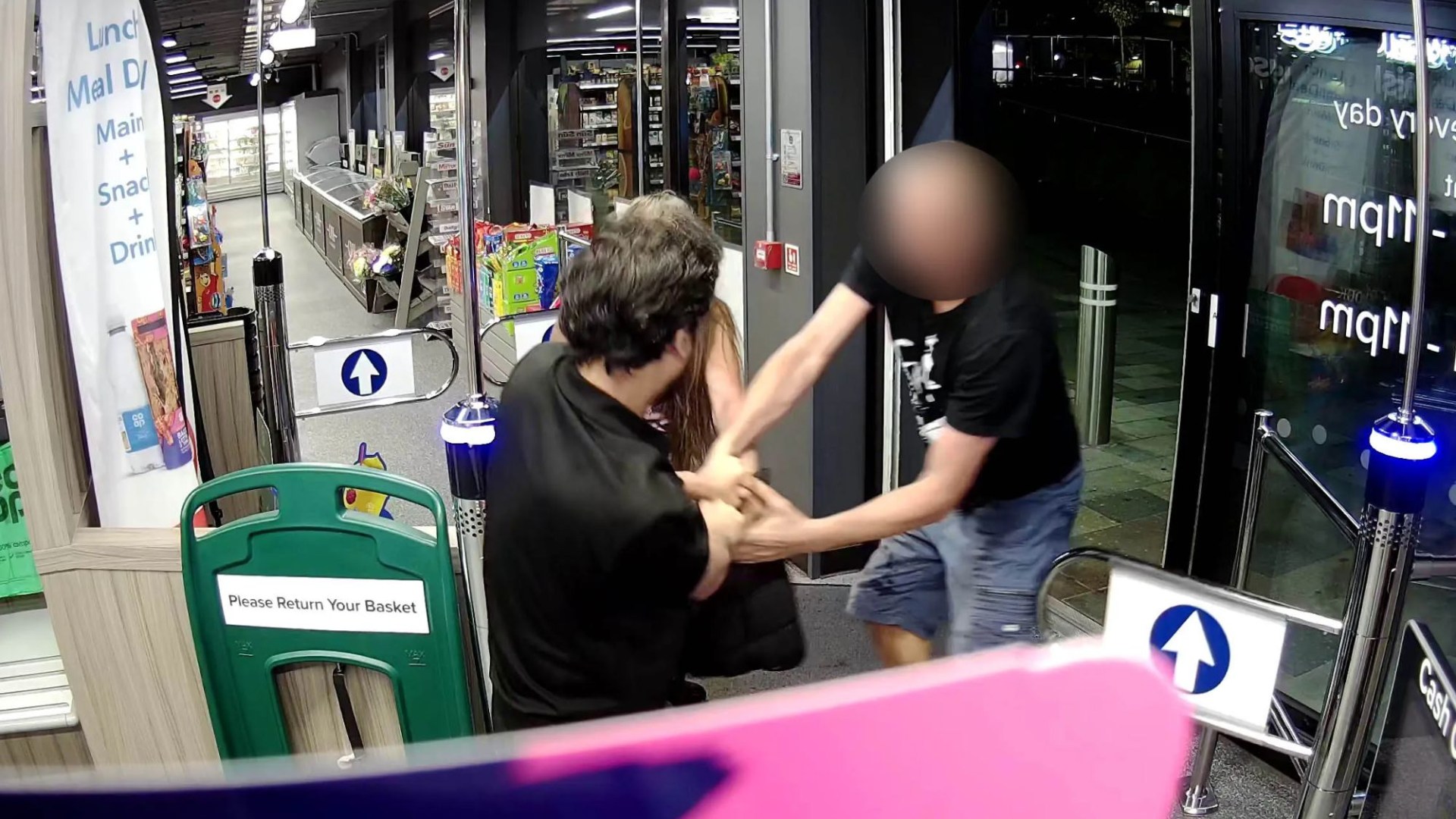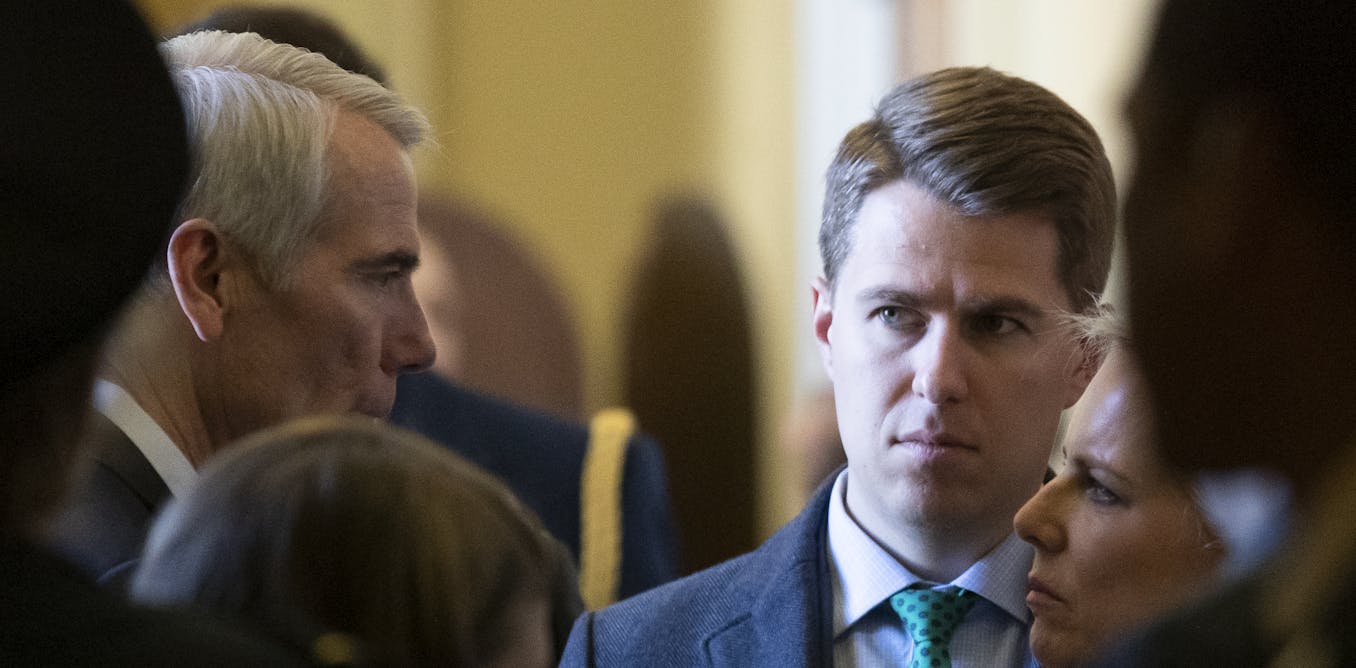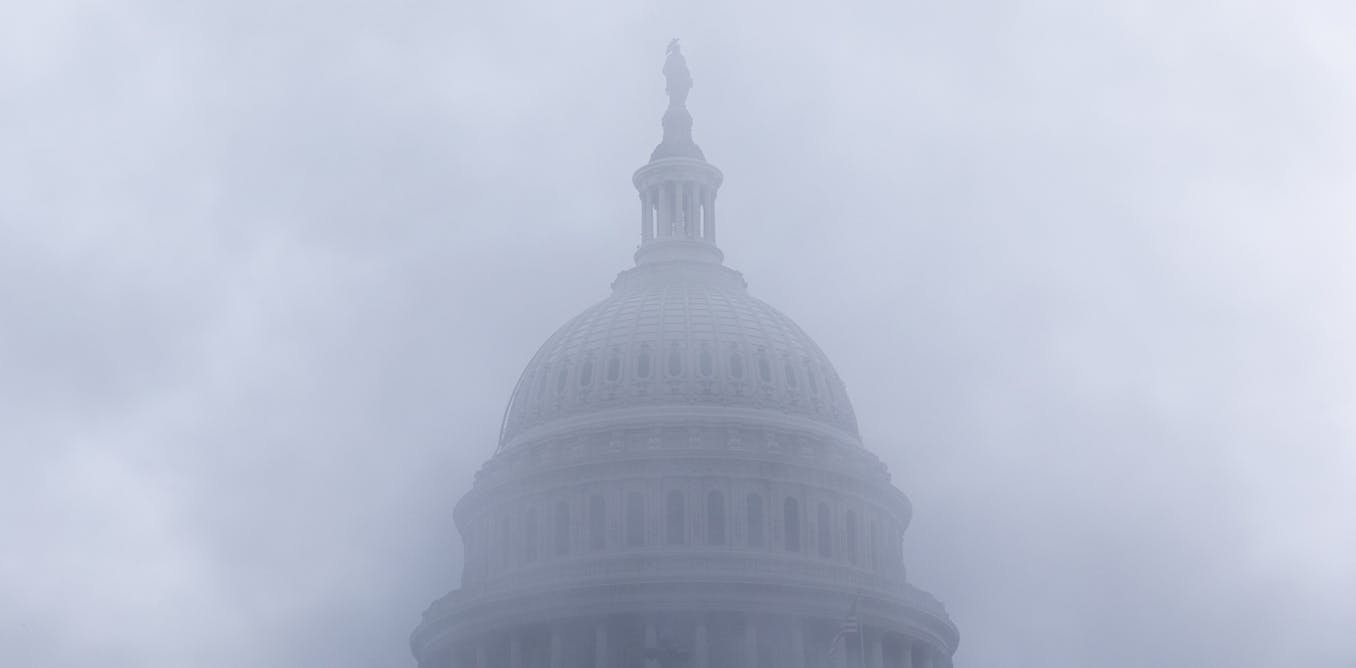THE crisis in our justice system continues to deepen.
Public faith in the courts and the police is collapsing as too many crimes go unpunished.

7

7

7
During the recent riots in England, the Government repeatedly warned that the troublemakers would feel “the full force of the law”. But such rigour is often missing from the agencies that are meant to protect society.
In response to short sentences, early release of serious offenders, abysmal clear-up rates and inaction on entire categories of crime, fewer than 40 per cent of citizens now trust the police, a dramatic fall in support over recent years.
There now seems a desperation to avoid putting lawbreakers where they belong — behind bars.
One extraordinary recent study found that in the year to March, no fewer than 147,000 people accused of serious crimes such as violence, possession of weapons and sexual assault were let off with so-called “community resolutions”, where they escaped prosecution simply by making an apology.
READ MORE FROM LEO MCKINSTRY
Tip of the iceberg
But nothing more graphically illustrates the accelerating breakdown in authority than the failure to tackle the current epidemic of shoplifting.
In parts of the country this kind of theft has effectively been decriminalised by the reluctance to act against even the most brazen offenders.
New research by The Times newspaper, based on Home Office figures, reveals that, last year, 443,995 shoplifting incidents were recorded — a third higher than in 2014. But even this alarming statistic could be the tip of the iceberg, since most customer thefts are not reported by retailers to the police.
One estimate is that there could annually be as many as 16.7million incidents. Yet this appalling crimewave was largely ignored by most of our police forces.
Just 431 shoplifters were given fixed penalty notices — the lowest form of punishment — while the majority of constabularies did not issue any penalty notices at all. Similarly, the number of cautions has dropped from 16,000 in 2014 to only 2,000 in the latest 12 months.
And far fewer retail thieves are being pursued through the courts. Last year, there were 29,000 convictions, compared with 72,000 a decade ago. In total, almost 250,000 cases were closed by the police without any suspect being identified.
The clear message going out to shoplifters is that they can act with impunity. That, in itself, explains why the incidence of this crime is soaring.
Knowing they have little to fear from the courts or the police, offenders have been emboldened to steal on an ever greater scale.
The mood of anarchy has disastrous implications, destroying respect for the law and undermining the cohesion of our society.
Law-abiding citizens who see this open contempt for the values of our civilisation will begin to wonder why they bother to pay their taxes, or TV licence fees, or car insurance.
When the great reforming Home Secretary Sir Robert Peel created the Metropolitan Police in 1829 — the world’s first proper constabulary — he set out a number of principles by which the new force should be governed, including “absolute impartial service to law”.
But that stern outlook has given way to an arbitrary, enfeebled and inconsistent approach, where the only winners are the thieves.
These thugs are in search not of their next meal, but of consumer goods — such as trainers, computer games or expensive spirits — which they can sell on the black market
The retreat of the police has been accompanied by a disturbing attempt to downplay the causes and impact of shoplifting.
Fashionable Left-wing notions about economic inequalities play their part, reflected in the Marxist slogan “property is theft” which, in the minds of the deluded, provides a spurious ideological justification for stealing, especially when offenders are painted as poverty-stricken wretches looking for food.
But this is propagandist nonsense.

7
The crime is often perpetrated on a large scale by ruthless, organised gangs operating with getaway cars and large bags for their loot.
These thugs are in search not of their next meal, but of consumer goods — such as trainers, computer games or expensive spirits — which they can sell on the black market.
The tentacles of this gangsterism stretch across Europe, with the National Police Chiefs’ Council warning in June that there are now criminals “that fly into the UK in the morning and out in the afternoon with bags of goods. It is completely different to how retail crime was a few years ago”.
Nor is this a victimless crime.
Shoplifting is now often accompanied by shocking displays of violence against retail staff, the vast majority of whom are women.
Trauma of violence
Every day there are thought to be 1,300 incidents, a rise of 50 per cent from the year before, while the annual total of injuries has reached almost 9,000. Such is the scale of intimidation and brutality that it is no exaggeration to describe gang-led shoplifting as a form of urban terrorism.
In addition to the trauma of violence, there is the severe commercial damage.
The way to break the cycle is not through wishful thinking, but through a return to prosecutions and meaningful sentences
According to the British Retail Consortium, the overall cost of shoplifting comes to at least £1.8billion a year.
Small businesses such as corner shops are the hubs of local communities and the backbone of our economy, but they will not be able to continue to function in a climate of abuse and threats.
Britain is trapped in a vicious downward spiral where softly-softly policies are fuelling the appetites of the gangs.
The way to break the cycle is not through wishful thinking, but through a return to prosecutions and meaningful sentences.
No one should be allowed to think that they are above the law.

7

7

7




